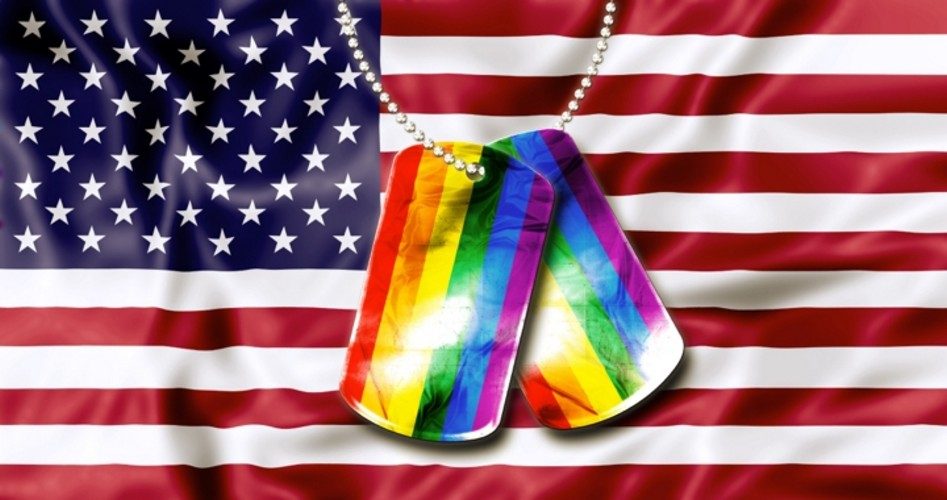
A federal judge has ruled on Monday that the U.S. military must begin to admit transgenders — those who identify with and behave according to the opposite sex — into its ranks by January 1, overturning President Trump’s announcement in July that such individuals would be banned from serving.
U.S. District Judge Judge Colleen Kollar-Kotelly, who in October partially blocked the president’s ban while a lawsuit filed by transgender soldiers proceeds in court, ruled that her injunction means the Defense Department must follow through on the order given by President Obama June 30, 2016 allowing transgender individuals to enlist beginning January 1.
Defense Secretary Jim Mattis was set to begin processing transgenders into the service branches before President Trump’s July 26 Twitter announcement that “the United States government will not accept or allow transgender individuals to serve in any capacity in the U.S. military. Our military must be focused on decisive and overwhelming victory and cannot be burdened with the tremendous medical costs and disruption that transgender in the military would entail.”
Referring to one of at least four transgender lawsuits against the Trump ban, Kotelly ruled that “Secretary Mattis is a defendant in this case, he is directly bound by the injunction, and he cannot change the policy that existed before President Trump issued his order.”
While the Trump administration is appealing the order, there was no indication that it would seek to block the January 1 recruiting deadline. In a statement Justice Department spokeswoman Lauren Ehrsam simply said: “We disagree with the Court’s ruling and are currently evaluating the next steps.”
The Department of Justice has contended that the lawsuit for which Kotelly wrote the preliminary injunction is premature since the Defense Department has not yet finalized its own plan on transgender troops. The president had given the Pentagon until March to eliminate costly gender reassignment surgeries and to determine how to deal with transgender individuals who are currently serving in the military.
In late November President Trump’s ban was dealt second legal blow when U.S. District Judge Marvin Garbis in Baltimore ruled that the ban “cannot possibly constitute a legitimate governmental interest,” saying that it was not backed by any real concern over military need. “The lack of any justification for the abrupt policy change,” wrote Garbis, “combined with the discriminatory impact to a group of our military service members who have served our country capably and honorably, cannot possibly constitute a legitimate governmental interest.”
The ACLU, which is representing some of the transgender plaintiffs in the lawsuit against the ban, applauded the latest legal maneuvers. “We’re pleased that the courts have stepped in to ensure that trans service members are treated with the dignity and respect they deserve,” said ACLU attorney Joshua Block in a statement.
By contrast, Tony Perkins of the Family Research Council, which has been a clarion voice for common-sense military policy, responded to Kotelly’s ruling by noting that “this is where judicial activism is leading us. The courts have moved beyond legislating on the invented rights of abortion and same-sex marriage to clearly usurping the constitutional authority of the executive branch.”
Perkins noted that President Trump “has the primary task of protecting Americans, but we see the courts weakening his immigration policies designed to protect America from threats and now telling the commander-in-chief how to run the military.”
Photo: Thinkstock



